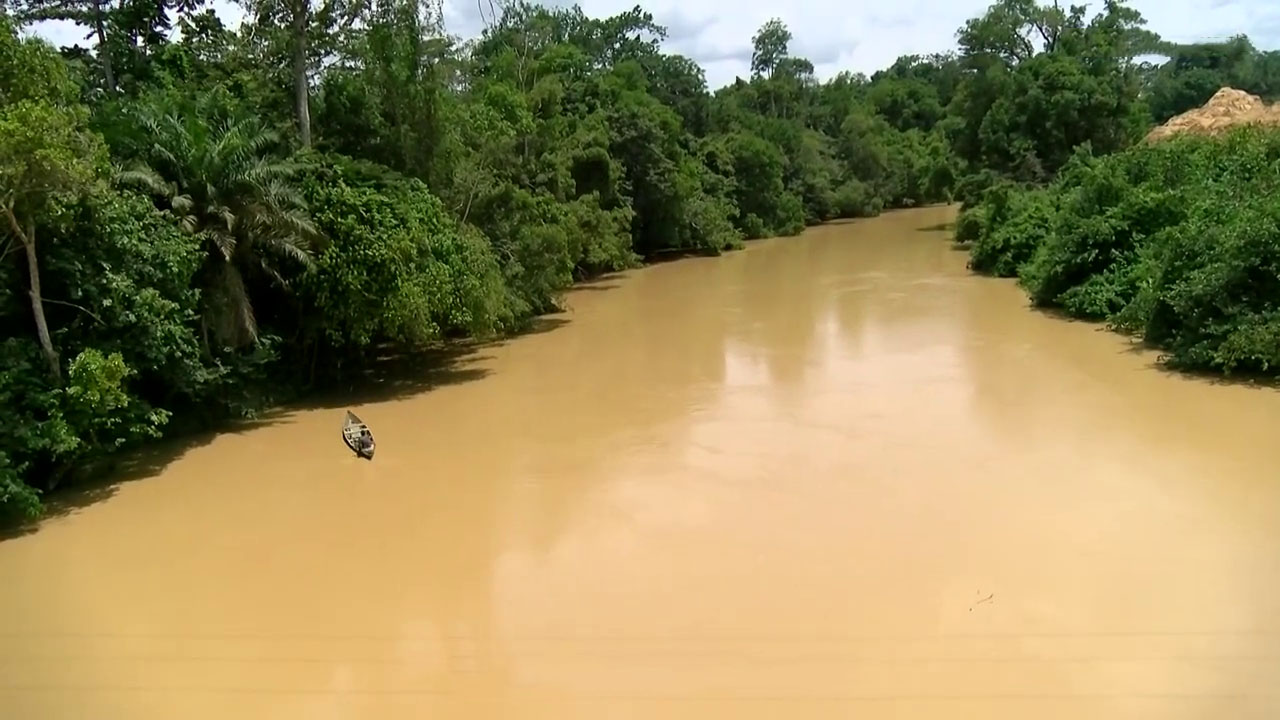- Iran's response to Israel will be a choice between revenge and survival. Markets say it's choosing survival
- Rupert Murdoch’s property group REA ends chase to buy Rightmove after multiple rejected offers
- 6 strategies to help mitigate rising car and home insurance costs
- 'No challenges can stop China's progress' Xi Jinping says in 75th anniversary speech
- China stocks just had their best day in 16 years, sending related U.S. ETFs soaring
What do you believe is the single most important factor driving up the cost of living in Nigeria?

New assessment suggests Anthropocene started in the 1950s
A team of Earth scientists from the Center for Marine Environmental Studies, the University of Tokyo, The Australian National University, Matsuyama University, Kyoto University, and Shimane University, has found, via a new assessment, that the 1950s is the strongest candidate for the start of the Anthropocene.
In their paper published in Proceedings of the National Academy of Sciences, the group describes how they compared the three top contenders, and why they chose the 1950s, as the most likely marker.
In 2002, Nobel laureate Paul Crutzen suggested that the Holocene had ended and that a new era in planetary history had begun—the Anthropocene. The new era, he suggested, was one dominated by changes to the planet that had occurred because of human behaviors.
Since then, planetary scientists have debated the issue, with some suggesting that there is more than enough evidence to declare the start of a new era, and others claiming there is not yet enough. In this new study, the research team began with the belief that there is enough evidence to support the start of the Anthropocene, and because of that there must be a point at which it began.
In looking at available evidence, the researchers suggest that there are three good candidates; the first being the late 1800s. It was during this period, they note, that the Industrial Revolution began. They also point out that it was a time during which levels of lead began to be spread across major land surfaces, along with stable isotope ratios and changes in the balance of nutrients.

- September 30, 2024
AI pareidolia: Can machines spot faces in inanimate objects?

- September 29, 2024
More than 60 dead from storm Helene as rescue, cleanup efforts grow




- September 30, 2024
3D-printed setup enables fast and accurate virus detection

- September 30, 2024
IBM, UNDP unveil AI solutions for clean energy promotion


- September 30, 2024
Fix galamsey challenge to save the fisheries sector – NAFAG


- September 30, 2024
Inland waters crucial for accurate climate assessments, research suggests

- September 30, 2024
'Vegetarian' possums eat meat when the weather's cold
Subscribe to our mailing list to get the new updates!

Subscribe our newsletter to stay updated
Thank you for subscribing!


